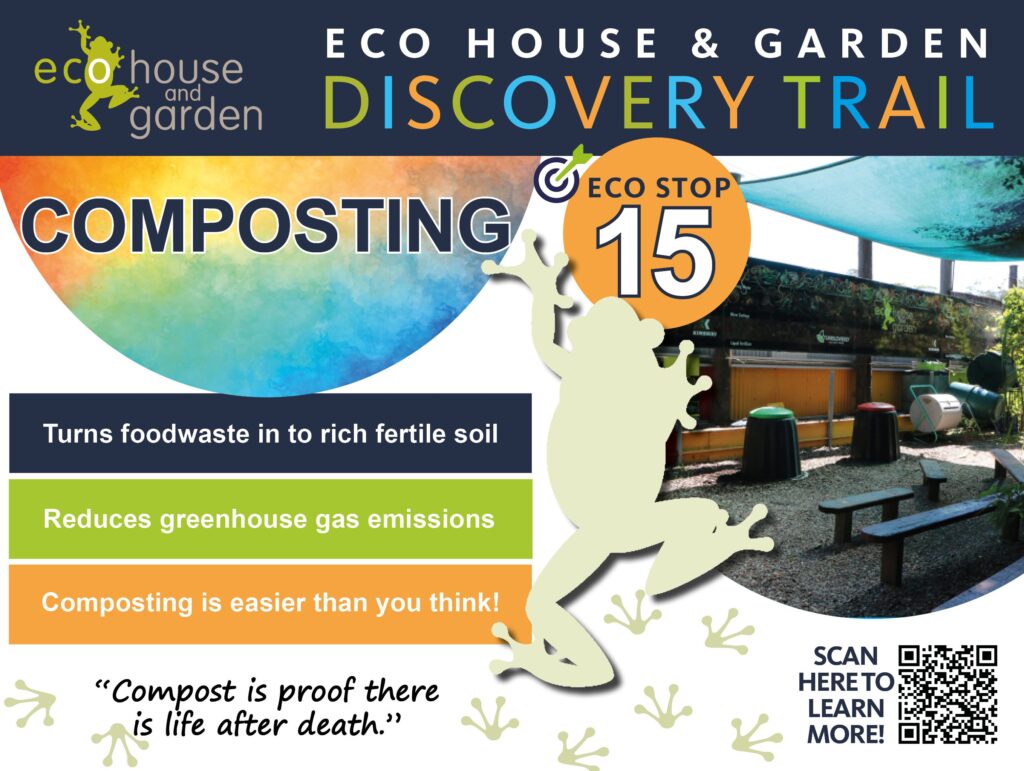

Compost can help save the world!
Food waste in landfill breaks down to release greenhouse gases (methane and carbon dioxide).
Composting your food waste captures carbon and produces rich, dark, fertile soil to feed your plants.
Compost in soil helps to retain moisture, creating resilience against drought, and improves soil structure, creating resilience against flooding!
What is Composting?
Composting is the process of converting food waste into nutrient-rich soil via the scientific process of decomposition.
We have 3 compost bins. The green lid is ‘active’ and currently being ‘fed’. The red lid bins are maturing, so we don’t add new food scraps to these now.
How to Compost in your backyard?
To make good quality compost we recommend you follow the A.D.A.M. principles.
Visit the Kimbriki Education Hub for step by step instructions and supporting information https://kimbriki.com.au/education-hub/organic-waste-management/
Aliveness – compost should be full of life! There are macro invertebrates like worms and microorganisms like bacteria and fungi, that are an important part of the decomposition process. They all contribute to breaking down the waste and turning it into rich dark fertile soil.
Diversity – you need to balance food waste (a source of nitrogen) and brown waste (a source of carbon)*. Add roughly equal quantities and varieties of both. Sources of food waste include any fruit or vegetable scrap, eggshells, tea leaves and coffee grounds (tea bags and coffee bags are ok if made of paper not plastic). Cooked food is also ok as is citrus peel, onion, and pasta, bread, rice etc. Sources of brown waste include coffee husks (from coffee roasters), ripped up cardboard from egg cartons and pizza boxes, newspaper and toilet rolls. Also dry brown leaves fallen from deciduous trees are a great source of carbon, as is commercial products like forest fines (from ANL).
Aeration – compost should be turned weekly with a spiral tool or a large garden fork. This gets air into the bottom layers and promotes faster decomposition. All the organisms in the compost are alive so they need to breathe to do their job properly.
Moisture – compost bins should be watered roughly once per week, depending on where they are located. If in full sun water more frequently, if in full shade water less frequently.


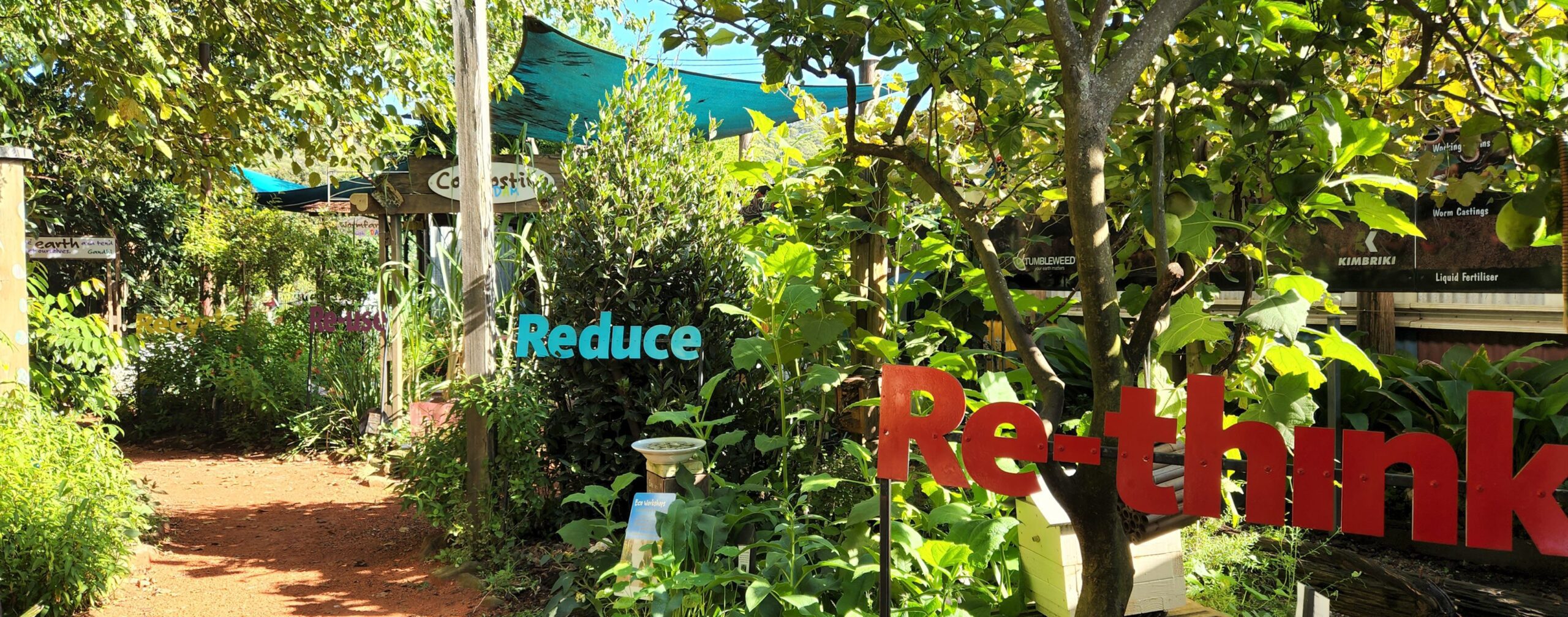

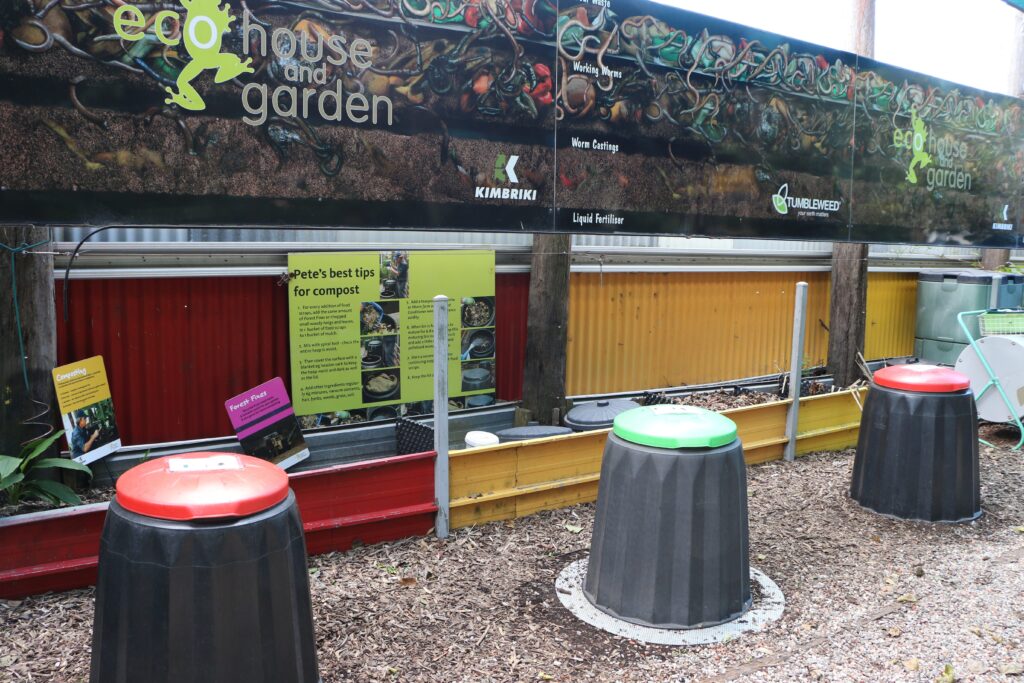;)
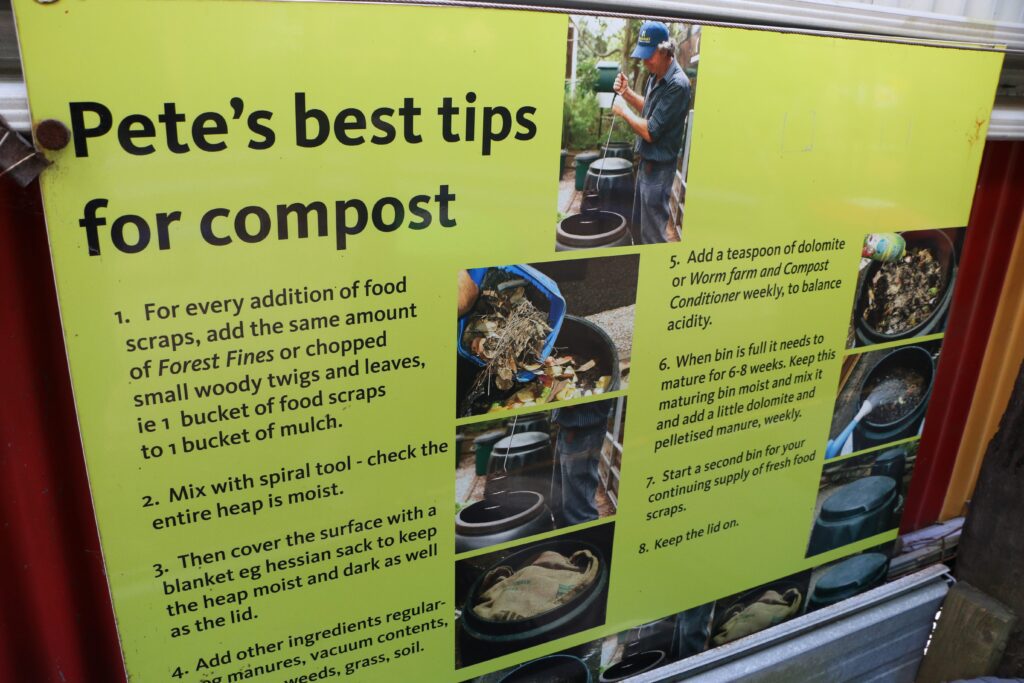;)
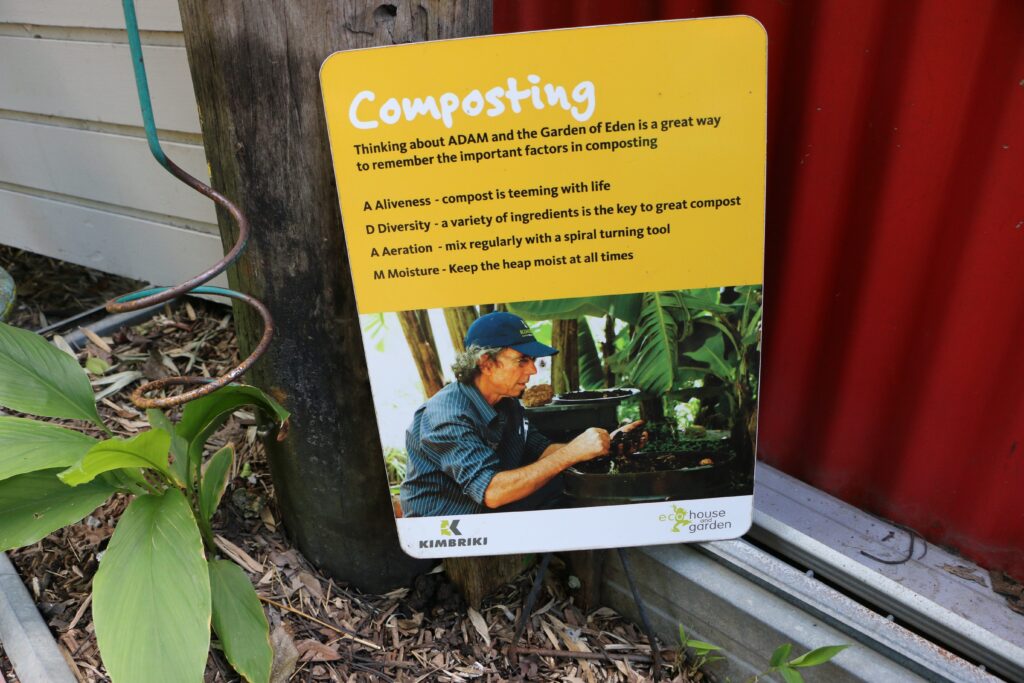;)
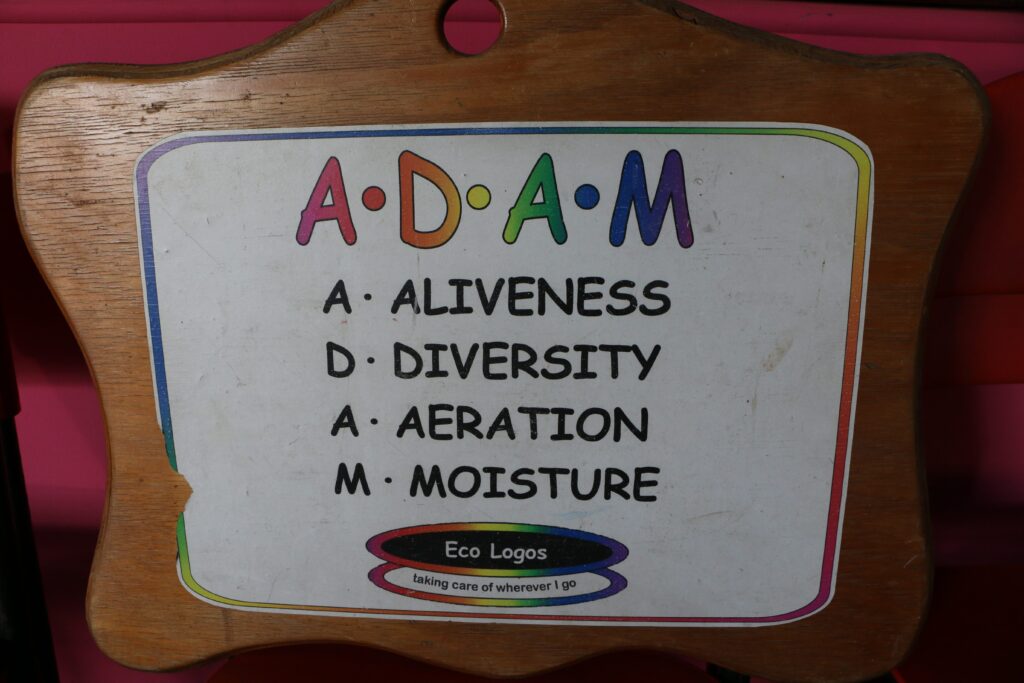;)
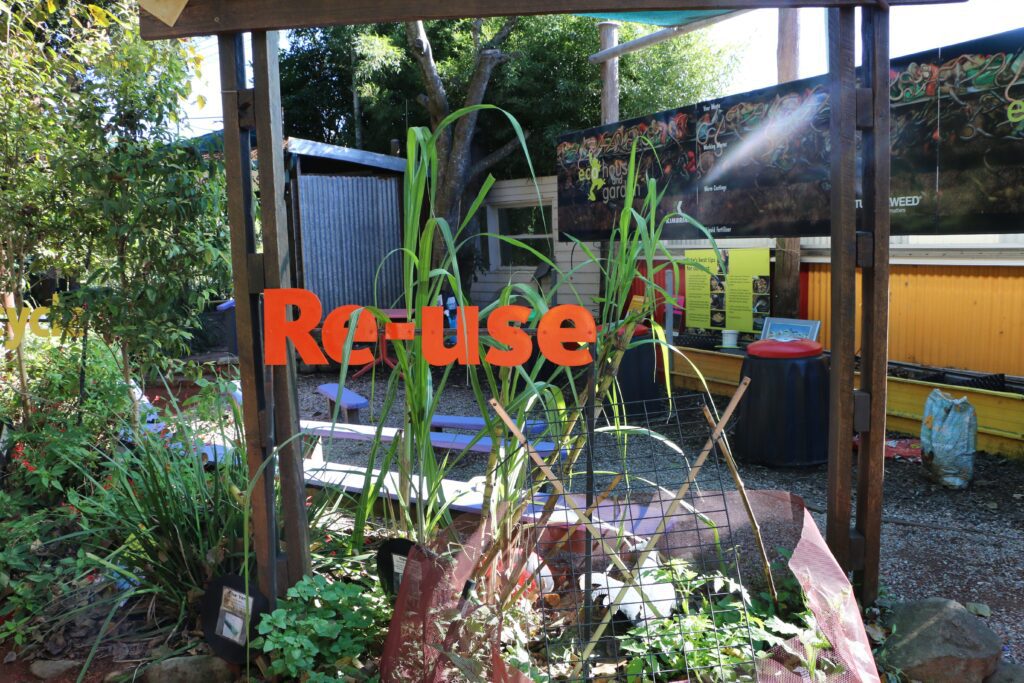;)
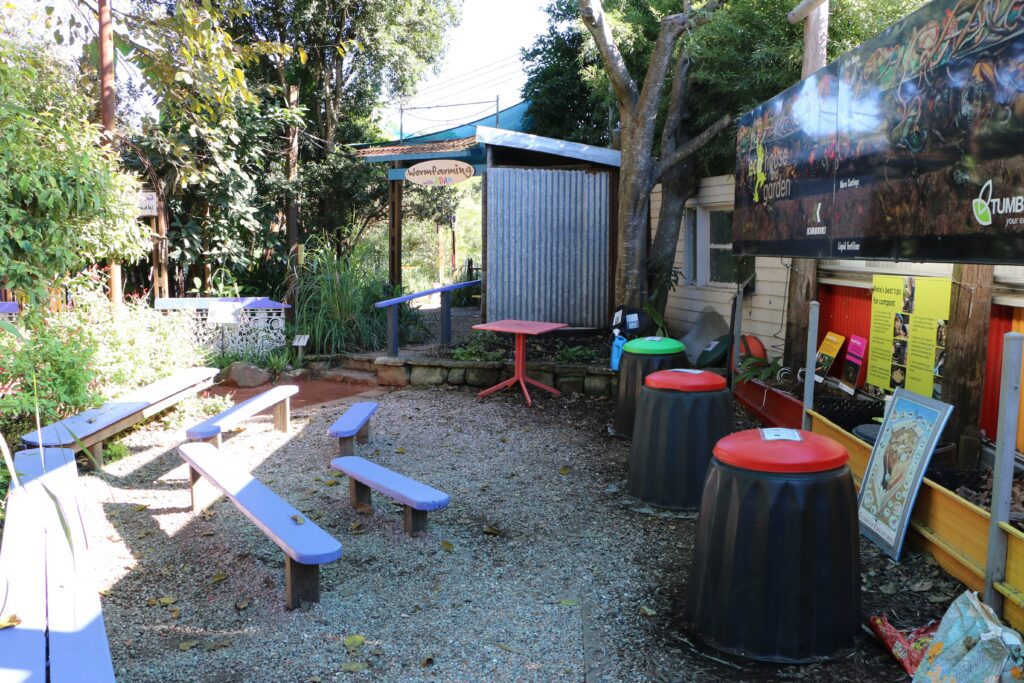;)
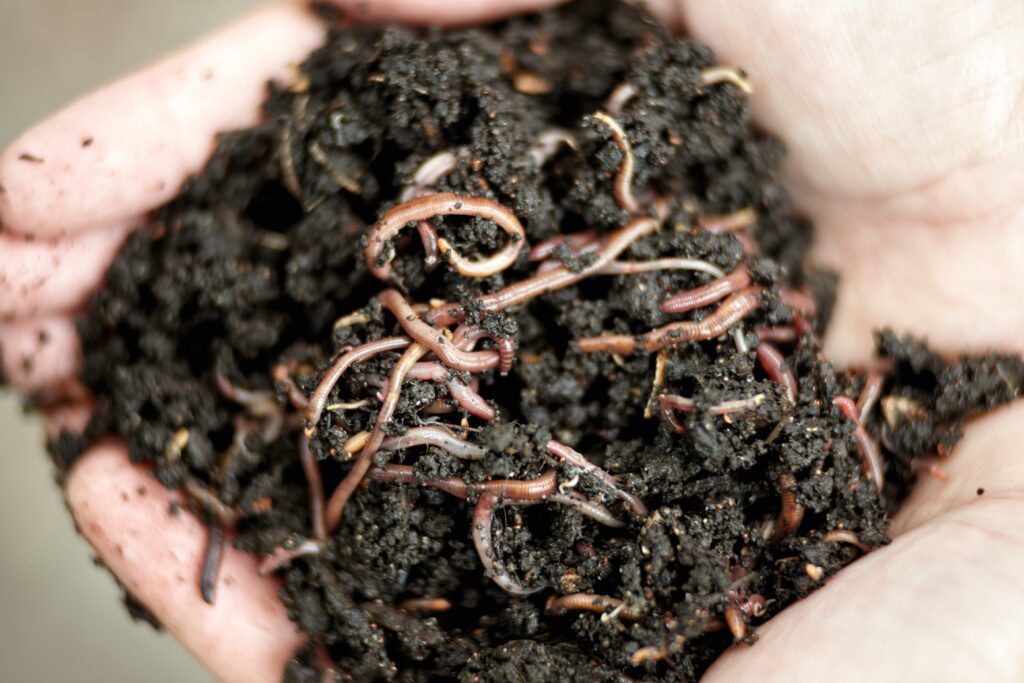;)






